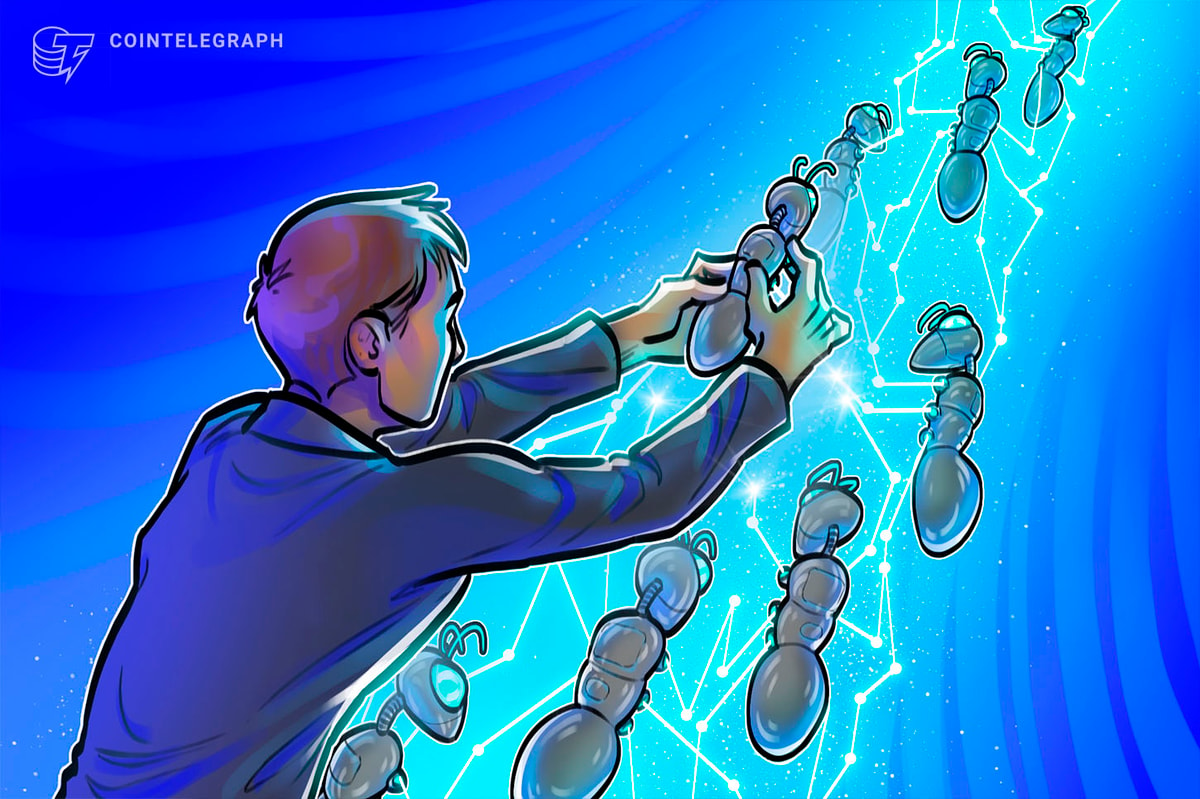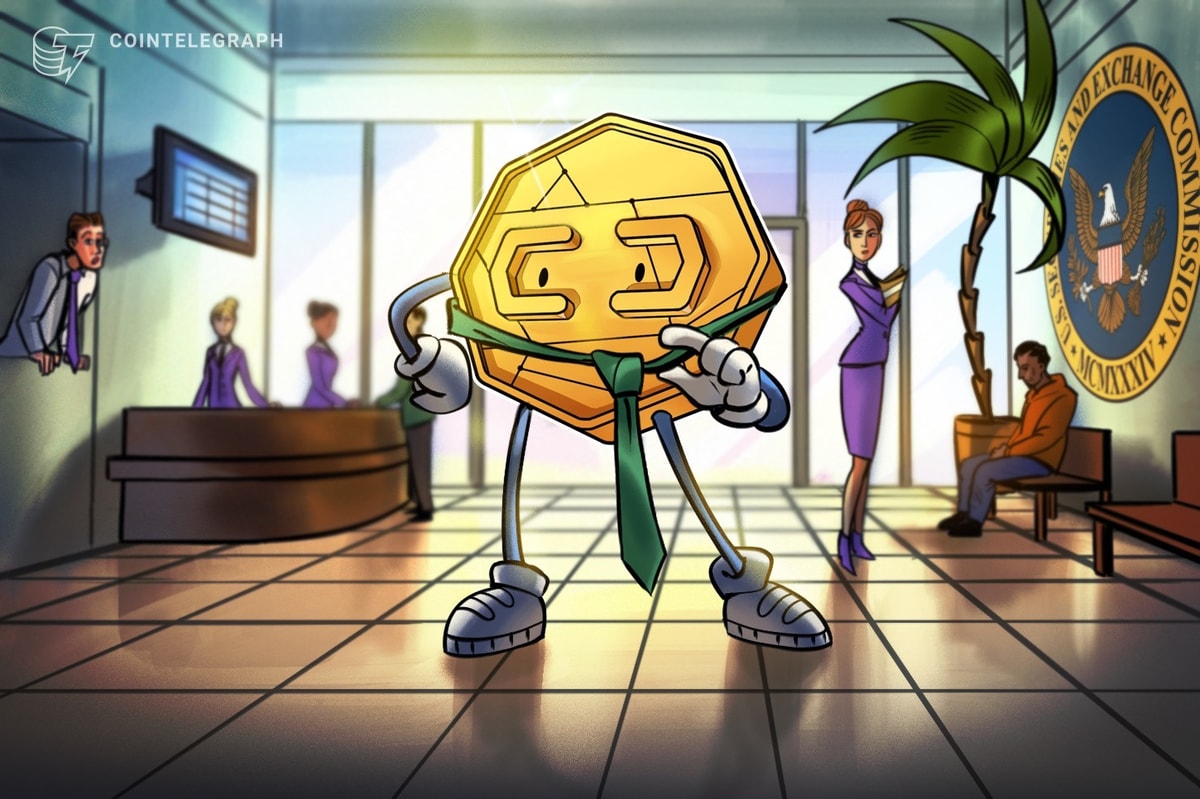To some, Jillian Mercado is a Dominican model and activist, to others a standout actor on The L Word: Generation Q. But, to understand the multi-hyphen creative is to know she is much more than her many titles. Mercado’s relentless pursuit of representation across the countless industries she operates offers a voice to the communities she calls family.
Whether she’s advocating for the disability community, or working on her many creative initiatives, Mercado amplifies her personal experiences under one core belief: “It’s not about an action, it’s about a realization. A realization that we’re human.”
Exploring the nuances of culture, queerness and disability led her to the limitless possibilities that new digital worlds provide, making her a perfect partner for Meta‘s fifth installment of its digital safe space, Metaverse Culture Series. Dubbed Tercera Cultural, the virtual space seeks to engage Latinx creatives by engaging in open dialogue around identity and equity in immersive environments.
Powered by an Oculus Quest 2 headset and embodied by a newly created digital avatar, we sat down with Mercado to learn about her partnership with the series and how digital ecosystems play a part in identity affirmation and representation across cultures and abilities.
What does the metaverse mean to you?
For me, it’s about being a part of the future. It’s amazing to have a blank canvas where I’m able to put my own colors and experiences into something that’s so new and fresh. I’m such a creative at heart so being a part of this I nerd out every single time. It’s full of opportunities, not only to expand my own ventures but to bring my own communities into it as well and make it a better space for everyone to enjoy.
When did you start using digital worlds as a medium for creativity and social interaction?
I got my first compact desktop computer when I was like 14 and having that I was able to play all of these games. I remember playing Carmen Sandiego and that was super immersive for me, it felt like she was talking to me.
For my career, I jumped started in Tumblr. So, this all just feels so right, it’s very comfortable for me to be here because of how I grew up and the steps that I took to be here. Even playing games like The Sims I always wondered what it would feel like to be in it, and now I am and it feels amazing.
In what ways can digital ecosystems be affirming for identities that the physical world limits?
It’s beautiful to have a safe space where you can be yourself and not have to worry about the limitations. There’s even limitations in other programs like avatars only having three skin colors to choose from and outfits that just don’t make sense. I was not able to customize how I perceive myself IRL whereas I really wanted to share who I am and my culture in the digital space. I always longed to create somebody who very much resembles me. Creating this avatar specifically, the fact that this avatar is so close to my actual skin tone, is amazing. It’s those little things I hold dear because I wasn’t able to experience that when I was younger.
How do you design or curate the avatars that you use? What inspires these choices?
It’s like how I dress my own body, based on how I’m feeling that day or the expression I want to show. Fashion is a form of expression, I don’t really follow trends that much, I like to create my own and mix things together. With this avatar, it was more comfortable for me to do exactly that. I added a little bit of my Latin culture, my grundier side, my punk days and she’s cute. I had such a great time creating my avatar and it means a lot because I’m able to express who I am and imagine what I could be.
Sometimes when communities gain more political/social standing their safe spaces are deemed less valuable. What are your thoughts on this and how can we protect safe spaces, both digital and physical?
It really makes me sad when I hear people say that, it must be great to wake up every day and feel like you’re safe, it’s such a privileged position to say that. I do hold space for the people who don’t feel safe, who feel like being themselves can cause danger to themselves and to the people that they love most. Recently, I was in one of these virtual worlds and it was a very queer space and there was someone who came in to try to causes a verbal harm. And then, there was a little button that popped up in my view point and it asked “Is this person harassing you?” and everyone in the world got to contribute to answering that question and getting them removed. I think having the consciousness to have [that feature] is such a powerful action; not a lot of spaces do that. We can’t do that in the real world. But by inviting different cultures and communities into digital spaces, you want everyone to feel welcome and safe so it’s nice to know that we can have this safe space.
You’ve recently created a docu-short with other Latinx community leaders. Tell us about that creative process and how the experience was for you?
It was so cool. I’m the type of person that anytime I come across someone from my culture it immediately feels like family. So, it was really beautiful to share our personal stories and to know how connected we were culturally and to know that we are the future.
What are some brands or projects that you’ve seen recently that are doing it right in terms of representation?
Without tooting my own horn, our show has been doing awesome in that respect and hitting all the awesome intersectional communities. There’s this really great show called Our Flag Means Death on HBO which is a comedy pirate show and there is a nonbinary person from the Latin community and the representation is so beautiful. I love watching it because it feels like I’m watching my culture on screen. It inspires me and so many other people to feel represented.
What is the most important thing you’d like to celebrate and represent for the disability community, especially in the entertainment and fashion industry?
It’s not about an action, it’s about a realization. A realization that we’re human. For so long, the aspect that we are here and we share the same planet as everyone else has oddly enough been a hard pill to swallow for people. The ableist mindset comes in which hurts a lot of us.
But, if we start with humanization and the understanding that we do have aspirations and want to live as fruitful of a life as everyone else.. honestly that’s the first step. That brings openness and opportunities for us to work, to live, to have relationships and just live as basic of a life as everyone else. It starts with understanding that we are human as well and we deserve all of it.
Read More: news.google.com









 Bitcoin
Bitcoin  Ethereum
Ethereum  Tether
Tether  XRP
XRP  Solana
Solana  USDC
USDC  Dogecoin
Dogecoin  Cardano
Cardano  TRON
TRON  Lido Staked Ether
Lido Staked Ether  Wrapped Bitcoin
Wrapped Bitcoin  Chainlink
Chainlink  LEO Token
LEO Token  Toncoin
Toncoin  Stellar
Stellar  Wrapped stETH
Wrapped stETH  Avalanche
Avalanche  USDS
USDS  Hedera
Hedera  Shiba Inu
Shiba Inu  Sui
Sui  Litecoin
Litecoin  Polkadot
Polkadot  Pi Network
Pi Network  Bitcoin Cash
Bitcoin Cash  MANTRA
MANTRA  Bitget Token
Bitget Token  WETH
WETH  Ethena USDe
Ethena USDe  Hyperliquid
Hyperliquid  Binance Bridged USDT (BNB Smart Chain)
Binance Bridged USDT (BNB Smart Chain)  Wrapped eETH
Wrapped eETH  WhiteBIT Coin
WhiteBIT Coin  Uniswap
Uniswap  Monero
Monero  Aptos
Aptos  sUSDS
sUSDS  NEAR Protocol
NEAR Protocol  Ethena Staked USDe
Ethena Staked USDe  Dai
Dai  Pepe
Pepe  OKB
OKB  Gate
Gate  Internet Computer
Internet Computer  Aave
Aave  Tokenize Xchange
Tokenize Xchange  Ethereum Classic
Ethereum Classic  Mantle
Mantle  Coinbase Wrapped BTC
Coinbase Wrapped BTC